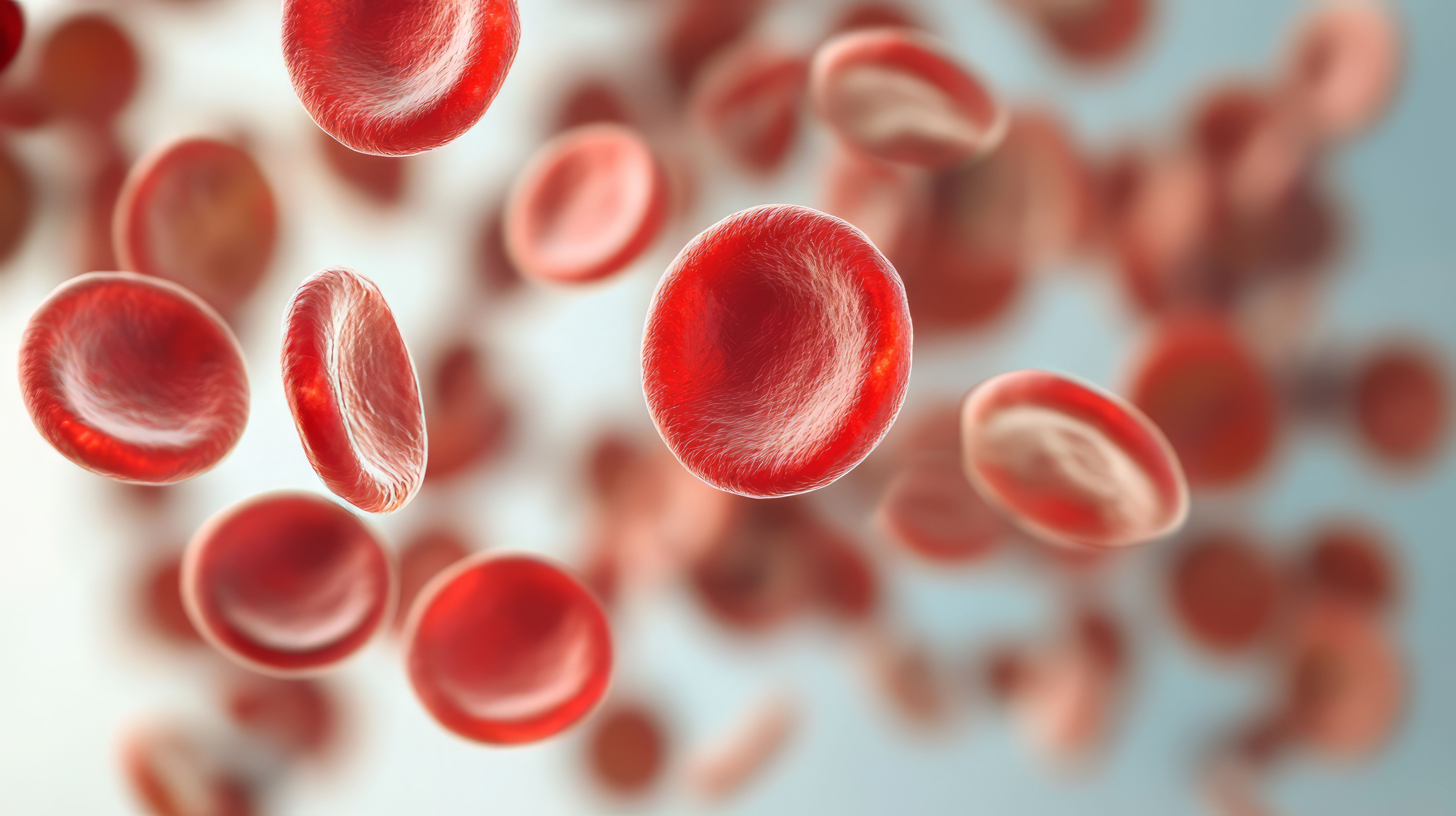May 26, 2025
Author(s): Ashling Wahner
Fact checked by: Gina Mauro
The achievement of spleen volume response (SVR) of at least 10% (SVR10) at week 12 with pacritinib (Vonjo) was positively associated with overall survival (OS) in patients with myelofibrosis and thrombocytopenia, although more stringent SVR thresholds were not significantly associated with OS, according to findings from a post hoc landmark analysis of the phase 3 PERSIST-2 trial (NCT02055781).1
The investigators assessed OS among SVR responders vs nonresponders using 4 different SVR thresholds: at least 35% (SVR35), at least 20% (SVR20), SVR10, and greater than 0% (SVR0). The data, which were published in the European Journal of Haematology, showed that the greatest separation of OS curves between responders and nonresponders was observed among patients who received pacritinib (n = 89) at 200 mg twice daily and achieved SVR10 vs those who did not respond at that threshold (HR, 0.00; 95% CI, 0.00-0.14; P < .01). No deaths were observed among the responders, whereas 5 nonresponders died.
“We found that a significant association was not observed with more stringent SVR or total symptom score [TSS] thresholds, likely because the number of responders was lower, and thus a larger number of observations would be needed to detect statistical significance at such thresholds,” lead study author Helen Ajufo, MD, MS, of the Department of Medicine, Leukemia Service, at Memorial Sloan Kettering Cancer Center, in New York, New York, and coinvestigators explained in the paper.
SVR0 and SVR20 also conferred improved OS, although these more stringent response thresholds were less prognostic of the pacritinib survival benefit.

